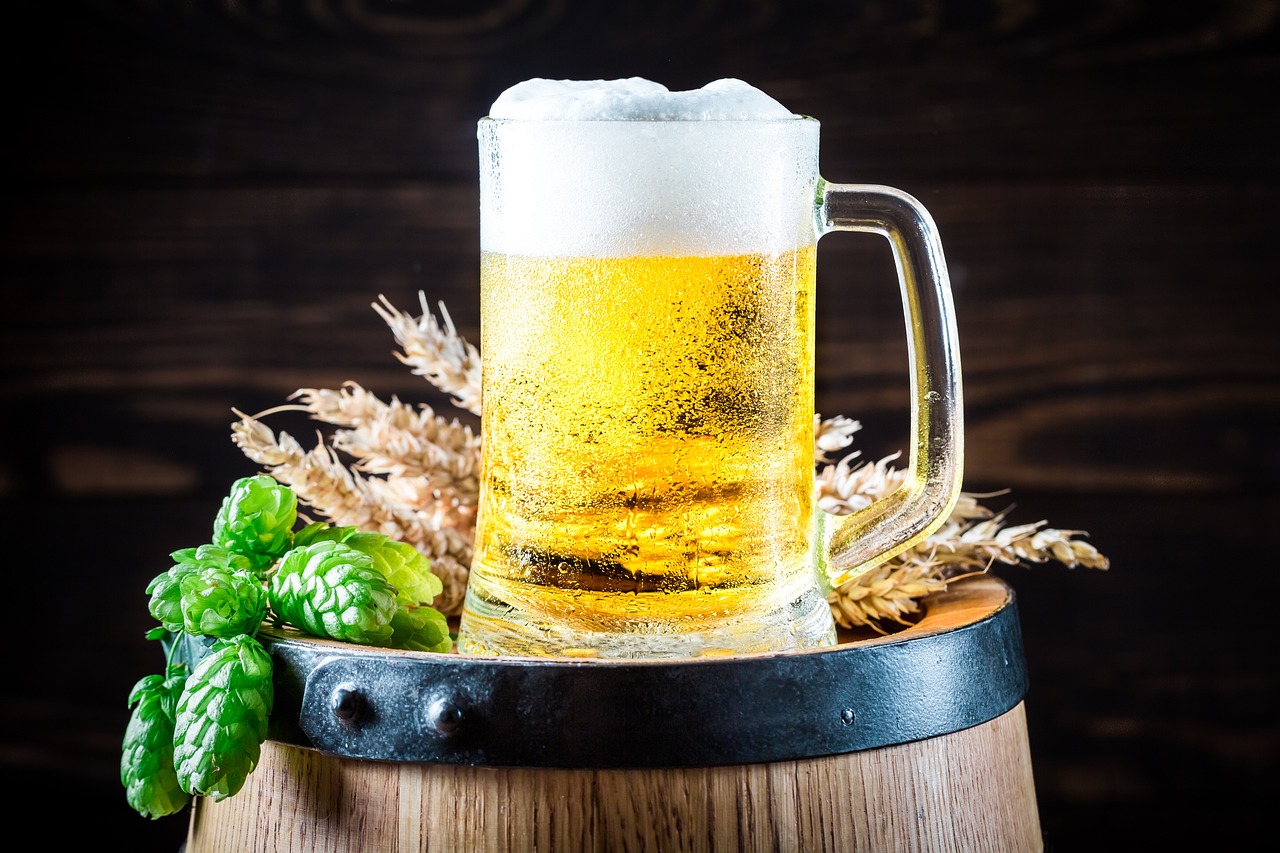News release
From:
Climate change: A potential bitter future for European beer
European beer producing regions are projected to experience a 4–18% reduction in traditional aroma hops yield by 2050, and a 20–31% reduction in hops acids that are key for bitter flavouring, a Nature Communications study suggests. The authors call for urgent adaptation measures to stabilize international market chains.
Beer is the world’s third most widely consumed beverage, after water and tea, and is the world’s most popular alcoholic beverage. In addition to water, malting barley and yeast, hops are used to flavour beer. Hops contain compounds called alpha acids that give beer its unique bitter aroma and also affect its quality. Since the cultivation of high-quality aroma hops is restricted to relatively small regions with suitable climate and environmental conditions, there is a risk that production will be affected by climate change. Currently, little is known about the possible effects of a predicted warmer and drier climate on the yield and alpha content of hops.
Martin Mozny and colleagues collected data on beer hops yield and alpha content between 1971–2018 from 90% of European beer hop growing regions in Germany, Czechia and Slovenia. They found that, compared to before 1994, hops ripening starts 20 days earlier, hops production has declined by almost 0.2 tonnes per hectare per year, and hops alpha bitter content has decreased by about 0.6%. By combining past data with climate models, the authors estimate the beer hops yield and alpha fold content will be reduced 4–18% and 20–31%, respectively, by 2050. The largest declines are expected to occur in the southern hop growing regions, such as Tettnang, southern Germany and Celje, Slovenia. These projected declines will be caused by rising temperatures and more frequent and severe droughts, according to the models.
To continue producing good quality beer, traditional beer hops farming practices need to adapt to alleviate the negative effects of climate change in Europe, the authors suggest.



 International
International


